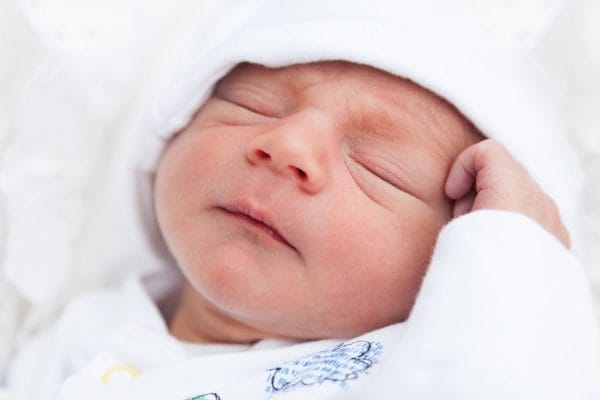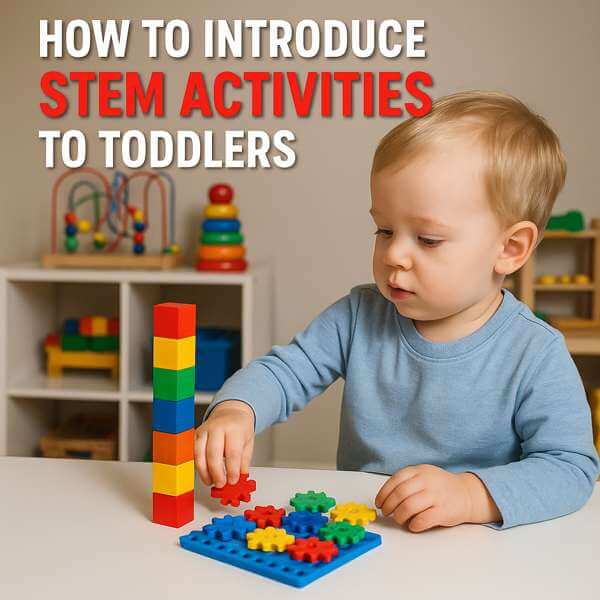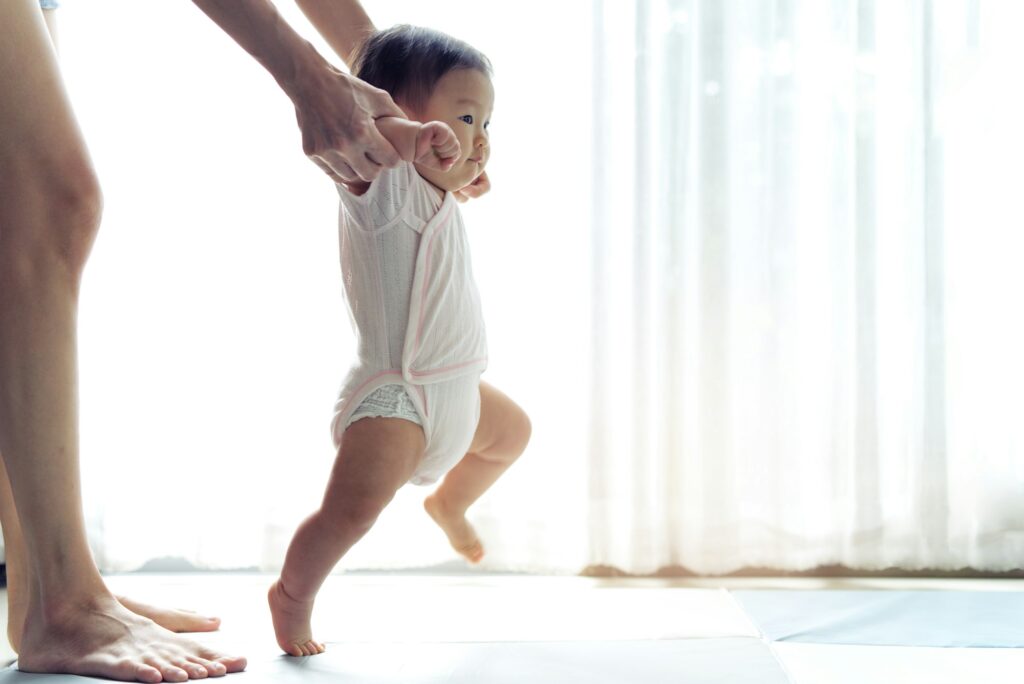Toddlers’ Social and Emotional Development: The Journey of Growth
The early years of a child’s life are teeming with rapid development, particularly in the realms of social and emotional growth. Toddlers, generally defined as children aged one to three, undergo significant changes that pave the way for their future interactions, behaviors, and emotional well-being. This period is crucial for parents, caregivers, and educators to understand and support as it lays the foundation for a child’s social and emotional development.
In this article, we will delve into the intricate stages of social and emotional development in early childhood, highlighting the importance of nurturing these aspects for a toddler’s holistic growth.

What is Social and Emotional Development?
![]()
Social and emotional development refers to the process by which children learn to express, understand, and regulate their emotions, as well as develop relationships with others. This encompasses a wide range of skills, including empathy, self-regulation, self-awareness, and the ability to form and sustain friendships. A strong base in social and emotional development can lead to better outcomes in terms of mental health, academic success, and overall well-being.
Stages of Social and Emotional Development in Children
![]()
Children’s social and emotional development stages are broadly categorized but can vary depending on individual differences. Nonetheless, certain milestones are commonly expected at various ages. Let’s look at these stages with a focus on toddlers.
From Self-Awareness to Self-Regulation: The First Two Years
In the first year, infants begin to develop a sense of trust and attachment, primarily with their caregivers. As they transition into toddlerhood, they start to gain a sense of independence and self-awareness. This is when they begin to recognize themselves as separate individuals with their own desires and perspectives.
The Emergence of Social Interaction: Ages Two to Three
During the toddler years, children become more engaged in social interactions. They gradually move from parallel play—playing alongside but not directly with other children—to more interactive, cooperative play. They also begin to understand social norms and expectations, although they are still learning to manage their emotions and impulses.
Key Aspects of Toddlers’ Social and Emotional Growth
![]()
To better grasp the complexity of toddlers’ social and emotional development, let’s explore some of the key aspects that are typically observed during this period.
Developing Emotional Intelligence
Emotional intelligence includes the ability to identify and understand one’s own emotions, as well as the emotions of others. Toddlers start to express a wider range of emotions and begin to comprehend the cause-and-effect relationship between events and feelings.
Building Relationships
Toddlers learn how to interact with peers and adults, which is fundamental in forming friendships. Through these relationships, they learn foundational concepts like sharing, taking turns, and empathy.
Establishing Independence and Self-Confidence
As toddlers grow, they seek to establish their autonomy, often leading to the “terrible twos,” which is a normal part of development. This phase is characterized by a child’s desire to make their own choices and assert their will.
Navigating Emotional Regulation
While toddlers are known for their tantrums and mood swings, these are indicative of their developing emotional regulation skills. Over time, they learn appropriate ways to express and manage their emotions.
The Role of Caregivers in Supporting Social and Emotional Development
![]()
Caregivers play a pivotal role in fostering a child’s social and emotional growth. Here are some strategies to support toddlers during this critical stage:
- Provide a safe and loving environment where toddlers feel comfortable to explore and express themselves.
- Model positive social interactions and emotional regulation.
- Encourage play and socialization with other children to promote cooperative skills and empathy.
- Communicate openly about emotions, teaching toddlers to label and understand their feelings.
- Set consistent boundaries and routines to create a sense of security and predictability.
Challenges and Considerations in Social and Emotional Development
![]()
While most toddlers progress through these stages in a typical manner, some may face challenges that can impact their social and emotional development. Factors such as temperament, environment, and potential developmental delays can influence how a child grows in these areas. It’s important for caregivers to be attentive and responsive to the unique needs of each child.
Frequently Asked Questions
![]()
What are the signs that my toddler is developing good social skills?
Your toddler is developing good social skills if they can play with others, take turns, show interest in other children, respond to other’s emotions, and begin to share. They may also start initiating play or conversations, use words to express their feelings, and show empathy.
How can I help my toddler make friends?
You can help your toddler make friends by arranging playdates, taking them to places where other children are, like parks or playgroups, and encouraging them to play cooperatively by sharing and taking turns. Be a role model by showing friendly behavior yourself.
Why does my toddler have tantrums?
Tantrums are a normal part of toddlerhood. They often occur because toddlers experience intense emotions but don’t yet have the language to express themselves. They might feel frustrated, tired, hungry, or overwhelmed, and a tantrum is their way of dealing with these feelings.
How can I teach my toddler to manage their emotions?
Teach your toddler to manage emotions by naming feelings, showing them healthy ways to express them, and staying calm yourself. Use simple words to help them understand what they are feeling, like “sad,” “happy,” “angry,” or “scared,” and give them strategies like deep breaths or using words to explain what they want.
Is it normal for my toddler to be shy?
Yes, it is normal for toddlers to be shy. Each child has a unique temperament. Some are naturally more outgoing, while others are more reserved. Respect your toddler’s comfort level while gently encouraging them to interact.
How can I help my toddler with separation anxiety?
To help your toddler with separation anxiety, create a goodbye ritual, practice short separations, and gradually increase the time apart. Always say goodbye to your toddler and reassure them that you will return. Consistency and a predictable routine can also make separations easier.
How much should my toddler be talking?
The amount a toddler talks can vary widely. Generally, by age 2, they should be able to use at least 50 words and start combining two words together, like “more milk.” However, all children develop at their own pace. If you’re concerned about your child’s language development, consult a pediatrician.
Why does my toddler get upset when I leave the room?
It’s common for toddlers to get upset when a parent leaves the room due to separation anxiety. At this age, they’re starting to understand that you can leave them, and they may worry you won’t come back. Reassure them of your return and keep goodbyes brief.
How do I deal with my toddler hitting or biting?
When your toddler hits or bites, it’s important to respond calmly but firmly. Say “no” clearly, explain that hitting or biting hurts others, and encourage the use of words to express feelings. Offer alternatives like squeezing a toy or stomping their feet to deal with frustration.
When should my toddler start playing with other kids?
Toddlers may start showing interest in playing with other kids around age 2, but parallel play (playing alongside another child, but not directly with them) is also common at this stage. Encourage interactions by guiding them in cooperative play and sharing, but don’t force it if they’re not ready.
Conclusion: Nurturing a Foundation for Life
![]()
In conclusion, toddlers’ social and emotional development is a complex, multifaceted process that sets the stage for their future interactions and emotional well-being. By understanding the stages of children’s social and emotional development and the ways in which caregivers can support this growth, we can contribute to the nurturing of well-rounded and resilient individuals. With patience, empathy, and guidance, we can help toddlers navigate this critical period and build a strong foundation for their ongoing development.
Remember, every child is unique, and their journey through these stages may vary. The key is to provide consistent support, love, and encouragement as they learn to navigate the social world and understand their own emotions. By doing so, we lay the groundwork for their success and happiness well into adulthood.





